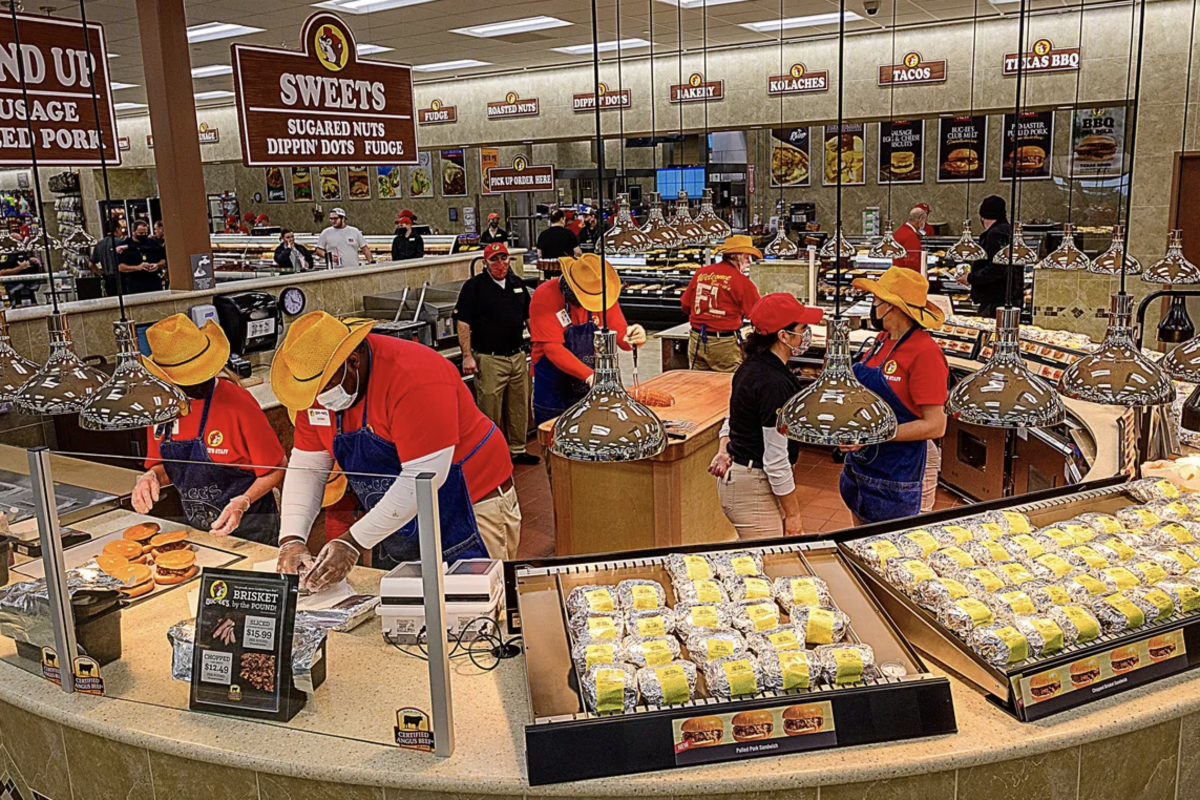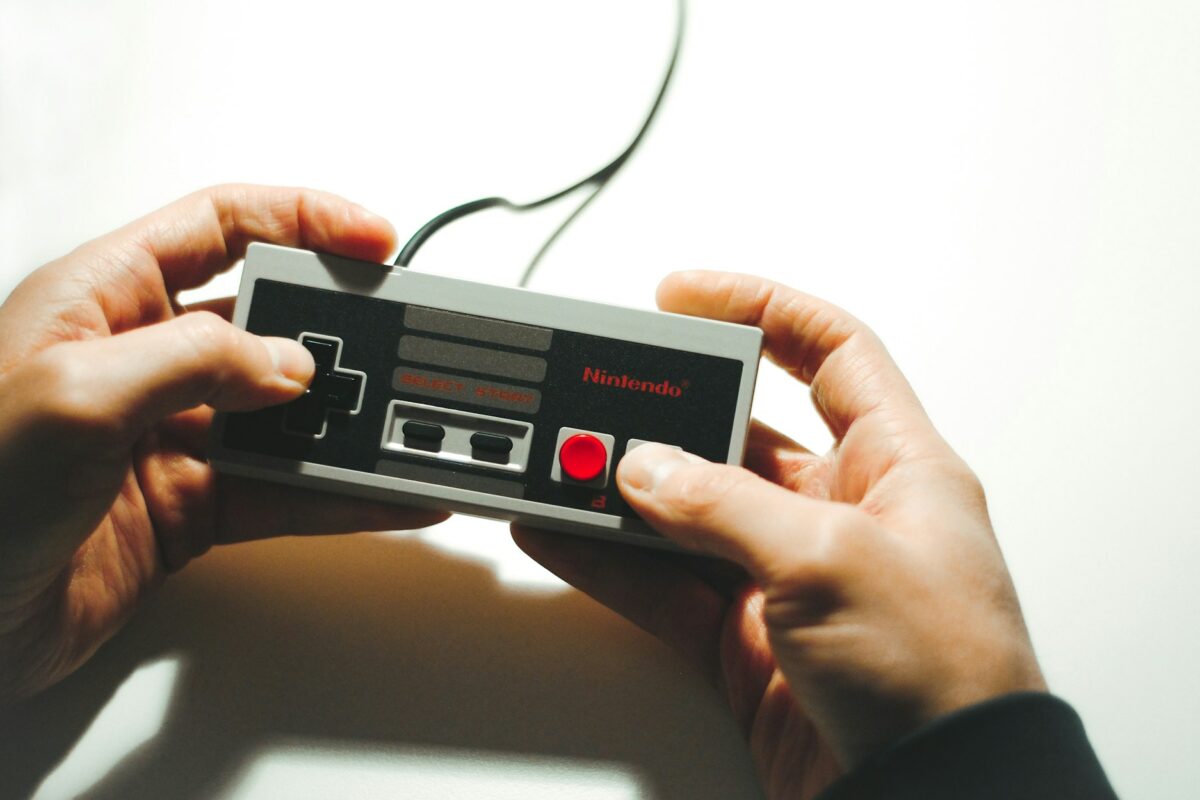We live in an age of superlatives. An age where the smallest of gestures or words or video can generate a wave of enthusiasm, either positive or negative. And then in a matter of weeks, it is largely forgotten except for its ability to keep turning up in our social media pages. But true greatness is still rare. If it were common, then great it would not be. So, what is greatness? And more specifically what is greatness with respect to brands?
I recently viewed the Churchill movie “Darkest Hour” starring Gary Oldman. A beautifully made and gripping movie that really conveyed the difficulty of the challenge faced by Britain in those dark days of 1940 and the struggle that the great man himself went through leading up to his now famous speech that mobilized Britain to stand up to the Nazi challenge.
Here was a man, imperfect by any sense of the word, roundly criticized by his own party, at odds with his war cabinet, considering waging what would have appeared to be an unwinnable war against an unbeatable foe. A drinker, a mumbler, a bully, obnoxious, depressive, constantly polluting the air around him with cigar smoke and unwelcome arrogant and unpopular opinions. Were a poll taken on brand likeability and brand preference, he definitely would not have scored highly. So why did he ultimately triumph? How was he able to unite the British government to mobilize the war machine and the British peoples and the rest of the world?
A more rational man might have settled for a peace agreement with Herr Hitler. And this was an option on the table. Yes, there would have been a price to pay but his Parliamentary colleagues appeared to be willing to pay that price. That would have ensured that Britain was left alone while Hitler went on to occupy Europe and most of the world beyond. For a while anyway. There is a great line from Churchill early in the movie “You cannot negotiate with a tiger when your head is in its mouth”. In this scene we see the beginning of him building up a persuasive argument to turn down any offers of negotiated peace.
Can Brands Be Great?
With the benefit of hindsight, we can largely agree that Churchill was a great man. In less than five years the allies conquered an unbeatable enemy. It is generally agreed that Mahatma Gandhi was a great man and Mother Teresa a great woman. The American people are being exhorted to “make America great again”. Can brands be great? Can we say that Apple is a great brand? Coca-Cola? Harley Davidson? Mustang? Virgin? Or are these just very successful brands and is greatness too grand a title to bestow upon them? Is greatness itself even relevant to a discussion about brands?
Consider Volkswagen. Was it not a brand literally dying before our very eyeballs only two years ago? Weren’t the business, marketing, banking and other commentators gleefully writing its eulogy in the wake of the emissions scandal? Well I didn’t buy that at the time and based on recent news of Volkswagen’s rise to Number One Car Sales globally I think we can all safely agree that the patient has well and truly recovered from its near fatal experience.
You see, truly great brands do bounce back. The emotion that people hold for these brands is much greater than the sum of their parts. Consider Harley Davidson’s recovery thirty or so years ago. Coca-Cola’s recovery after the failure of New Coke. Apple after the return of Steve Jobs. Great brands evoke a loyalty based on something much deeper than functionality, great advertising, beautiful design, though those are all part of what is needed. They speak to us at a much deeper level, they become part of who we are. So, when they make a mistake, even an egregious error, we forgive them, we wish the best for them, we fight for them, even when that might mean fighting against the very people who are “in charge” if we feel they’ve lost their way. Great brands seem to be able to draw out of us those emotions we normally save for close family and friends. And when they screw up we rail against them and chastise them but because we love them we forgive, and we celebrate with them when they make amends and overcome their troubles.
Yes, they screwed up. Yes, they covered it up. Yes, they were slow to accept responsibility. But we love them anyway. And we give them time to be great again.
What can we learn from Churchill? He moved us then and he moves us still. On the face of it, a less than attractive brand. But a brand of immense depth, intelligence, courage and the ability to use the English language in a way that few before or since have. He made us feel. He made us find courage we never knew we had. He brought out the best in us. He gave us words, literally put those words in our mouths. He made us great again.
So the lesson for marketers might be that greatness lies in the abilities of our brands to inspire greatness in us. To make us great again. Invest in building a brand like that. The world has a shortage.
Contributed to Branding Strategy Insider by: Rob Bree
The Blake Project Can Help: Accelerate Brand Growth Through Powerful Emotional Connections
Branding Strategy Insider is a service of The Blake Project: A strategic brand consultancy specializing in Brand Research, Brand Strategy, Brand Licensing and Brand Education





One comment
JP Kuehlwein
February 2, 2018 at 3:12 pm
Stimulating thoughts, Rob. Churchill might not have been attractive or approachable at first sight, but he had a depth of character, beliefs and consistent actions that enrolled people – important influences first.
Red Bull, Ben & Jerry’s, Patagonia do not necessarily have good tasting (who really likes the taste of RB?), pretty (neon tie-dye, anyone?) and/or affordable goods. But these brands ‘grow on you’ with their depth. They give you wings, they make things better, they protect the world we explore with them. They have a Mission, a Myth and create a compelling Truth, as we say. We call them Ueber-Brands.
Comments are closed.